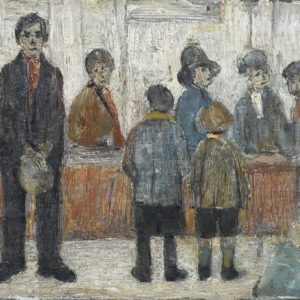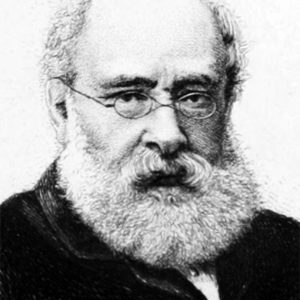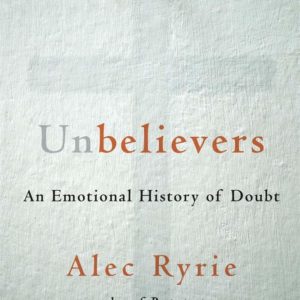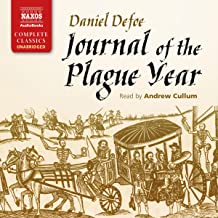
Words of the Mouth, Meditations of the Heart
Worthwhile poems and heartfelt prayers share family resemblances. Both, for instance, run up against the very limits of what language can do, halting there as they must, but pointing (we hope) beyond themselves toward those deepest longings, fears, and sorrows we’re unable to articulate.








